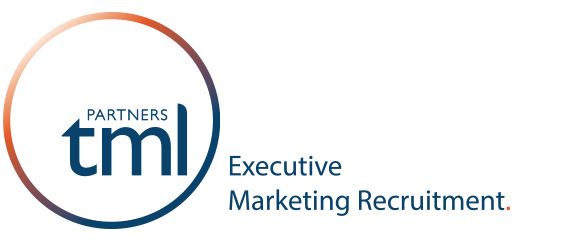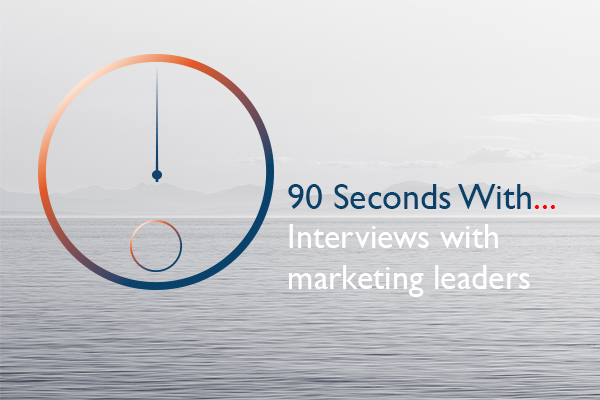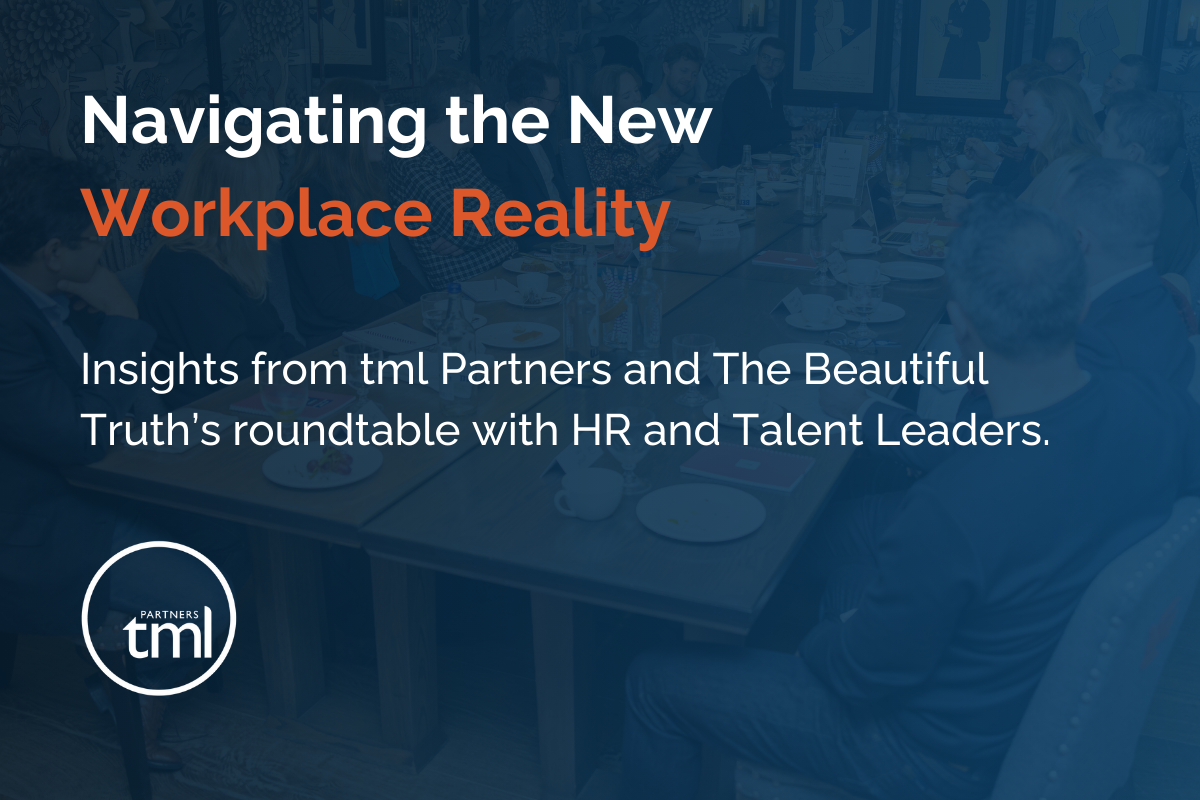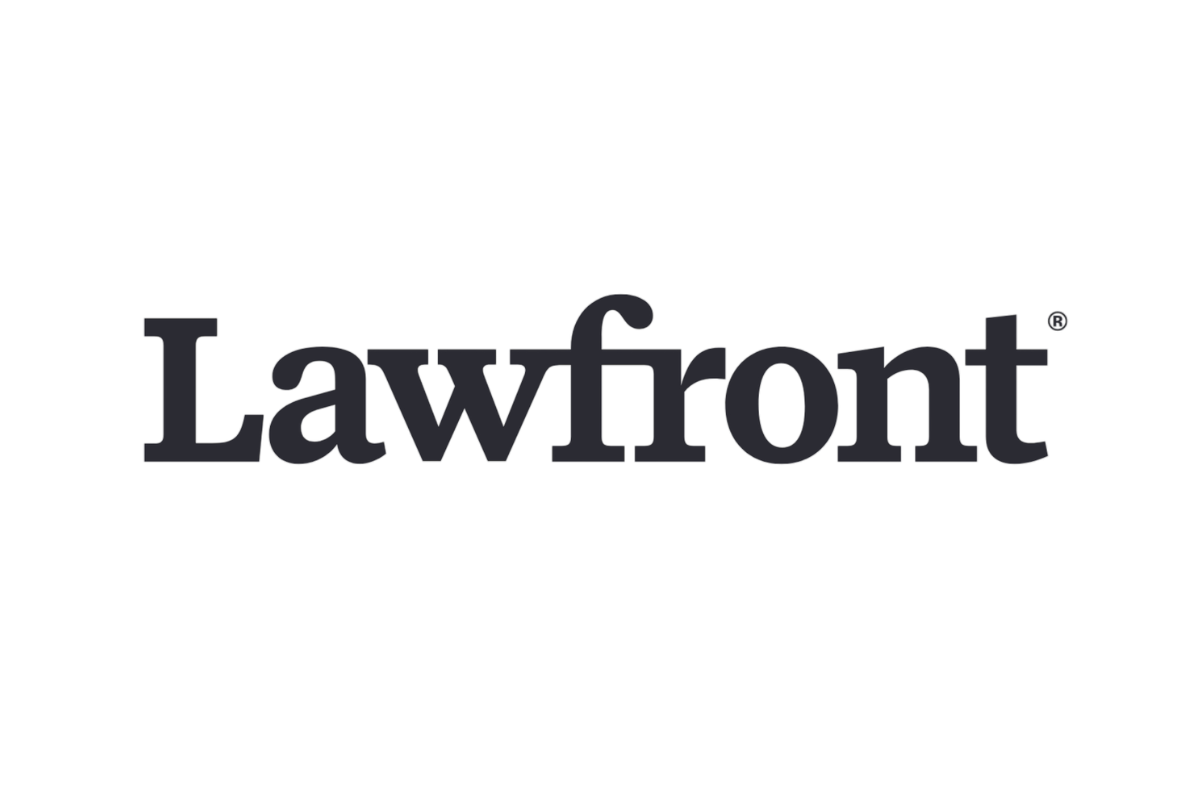 What is the best piece of career advice you’ve ever received?
What is the best piece of career advice you’ve ever received?
Early on in my career I had the opportunity to serve as the company’s CMO for Latin America, which at that time was a start up unit for us, working with a very experienced CEO who came from Ernst & Young. The two things he taught me were:
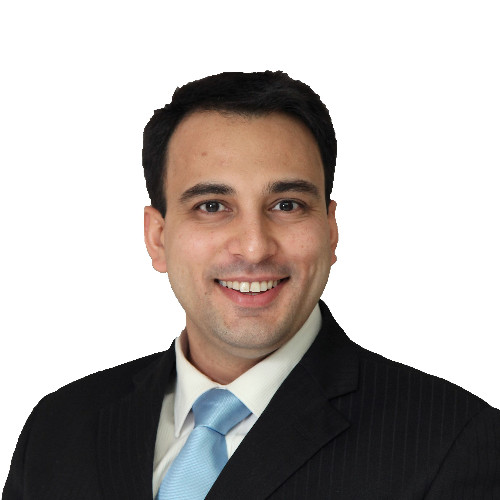 1. Stay Strategic: It’s easy to get lost in the woods of daily activities and tactics, but whenever you are doing something of making a decision, always ask the question “How does this serve the business or the company?” – that will ensure you always prioritise what is important and valuable to your business, versus just serving what is urgent and noisy.
1. Stay Strategic: It’s easy to get lost in the woods of daily activities and tactics, but whenever you are doing something of making a decision, always ask the question “How does this serve the business or the company?” – that will ensure you always prioritise what is important and valuable to your business, versus just serving what is urgent and noisy.
2. The power of relationships: My boss spent 20+ days a month travelling across the region and meeting clients and partners very intensively. At the end of the day, especially in B2B, people buy from those they trust and respect. Investing in relationships is the best time investment you can make as a senior leader.
What future opportunities do you think marketing and communications will create over the next five years?
The opportunity before the Marketing and Communications function to be of strategic value to the company and its leadership has never been more profound. With 70% of the world on mobile phones, 60% on the internet and this year with 50% (3.8 billion people) active on social media, the function has unprecedented access to customers, competitors and conversations – giving the function the ability to bring in rich insights that can inform strategy, product development and alert to any risks. The function is also the custodian of “storytelling” for the company and Robert Shiller, the nobel prize winning economist, states in his book “Narrative Economics”, narratives today have the power to shape economic outcomes for companies, countries and the world economy. As we emerge from the pandemic, the marketing and communications function has a tremendous opportunity to forge a positive narrative for growth, transformation and recovery.
What is your most trusted news source?
The Economist. It is the only magazine that I still subscribe to in print format. In the days of breaking news, quickly telling stories and noise, the value of a well researched and slow baked yet deep perspective piece is more important than ever.
What has had the most influential impact on your leadership career and why?
The people I have had the privilege to work with. What you surround yourself with – your bosses, your peers and most importantly – your teams – is what shapes you as a leader. Any successes I have attained in my career would have been impossible without the support, inspiration and energy from some truly amazing colleagues and their efforts. This is why recruitment and hiring of the right people, which tml Partners specialises in, is in my view the most important decision any leader makes.
What is your biggest takeaway from covid19?
The positive power of technology, how pervasive it is and how important it has become to our lives. This is the largest global challenge we have faced at this scale in our time, but I have no doubt that human ingenuity will prevail and we will find a positive path out of this.
How are you planning for 2021 and beyond?
Four key areas: staying agile, innovating our marketing & communications portfolio, focusing on the wellbeing of our teams and staying engaged with our clients to remain relevant to them. The most important point for any leader is to build both agility and resilience in their teams and their business, giving it the strength to deal with the current and any upcoming change.
What career advice would you now give to yourself 10 years ago?
The most important decision you make any day is how you allocate your time. It is easy to get inundated with operational priorities, especially as you rise in your career and take on more responsibility. Ensuring that you ruthlessly secure your own time to think, to introspect, to mentor your teams and for your family is vital to your own success as a leader and by doing so, you bring a stronger game to your business.
What’s the toughest interview question you’ve ever asked or been asked?
I have worked 18 years with my current employer (the first company I joined), so have not been asked a lot of interview questions :-) One question I do like to ask anyone I am hiring is “What is their biggest failure and what did they learn from it”. It’s hard for people to talk about their failures, but their openness to doing so reflects on their maturity as leaders and also openness to learning.
Who is your business hero and why?
Undoubtedly N Chandra, the Chairman of Tata Sons. Coming from humble origins and joining our company as a trainee, he rose to the top of the group, by creating high performing teams and always staying ambitious. No matter how demanding a leadership role he took on, he always found time for anyone in the company who wanted to reach out to him, irrespective of hierarchy. The lessons in people management and in big picture thinking that I have learnt from him at close quarters, are a defining part of my own leadership style.
